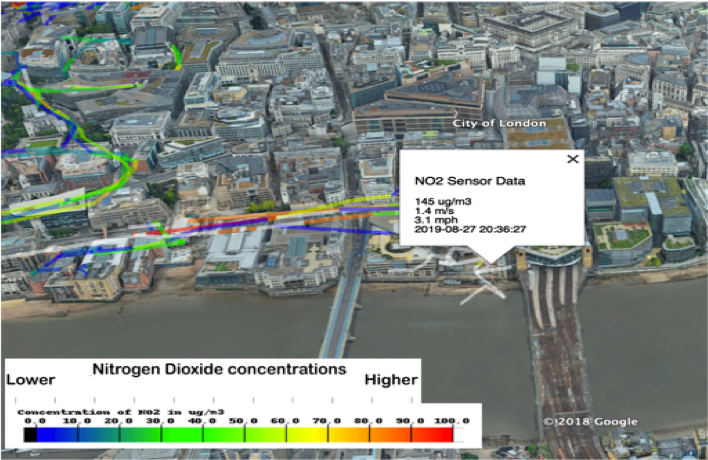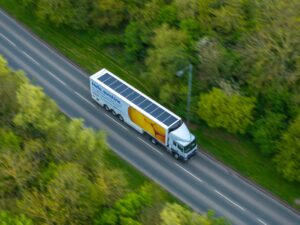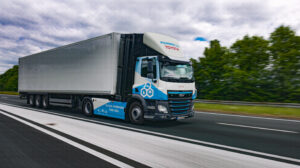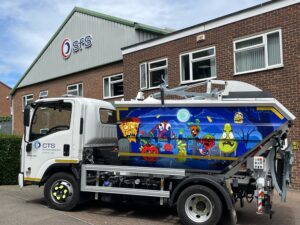CMS SupaTrak, OWL, and the Westminster Commission for Road Air Quality are calling for all refuse collection vehicles operated by councils and private waste operators in the UK to be fitted with air quality monitoring equipment. Fleet Vision International reports.
The Optimised Waste and Logistics (OWL) partnership launched the Clean Air Project in 2018. Jason Airey, MD of CMS SupaTrak, has now launched the Westminster Commission for Road Air Quality along with Sally Cumner, Sales and Marketing Director for CMS SupaTrak, Ash Sharma, author and founder of Skips Educational, and Barry Sheerman, MP for Huddersfield.
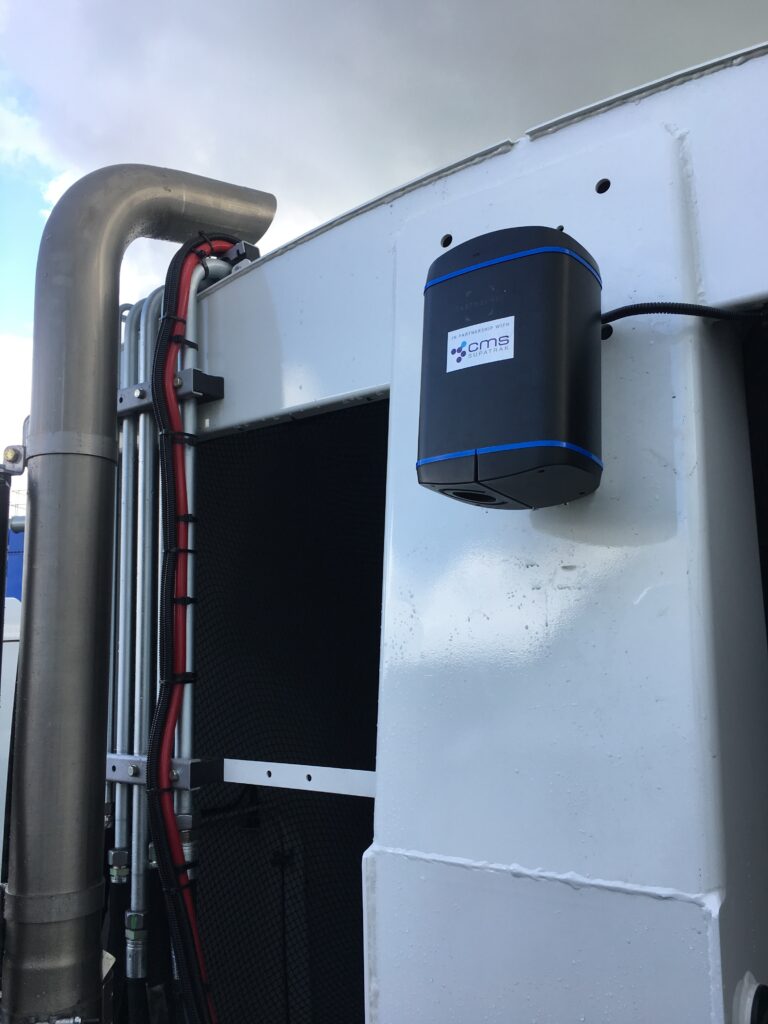
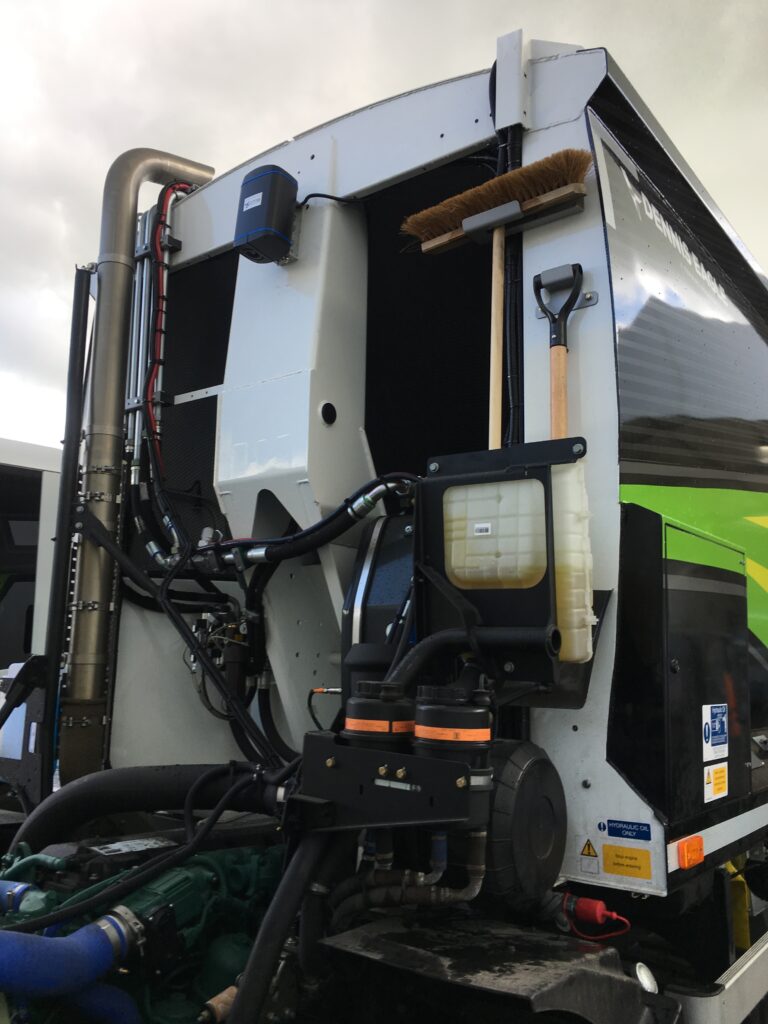
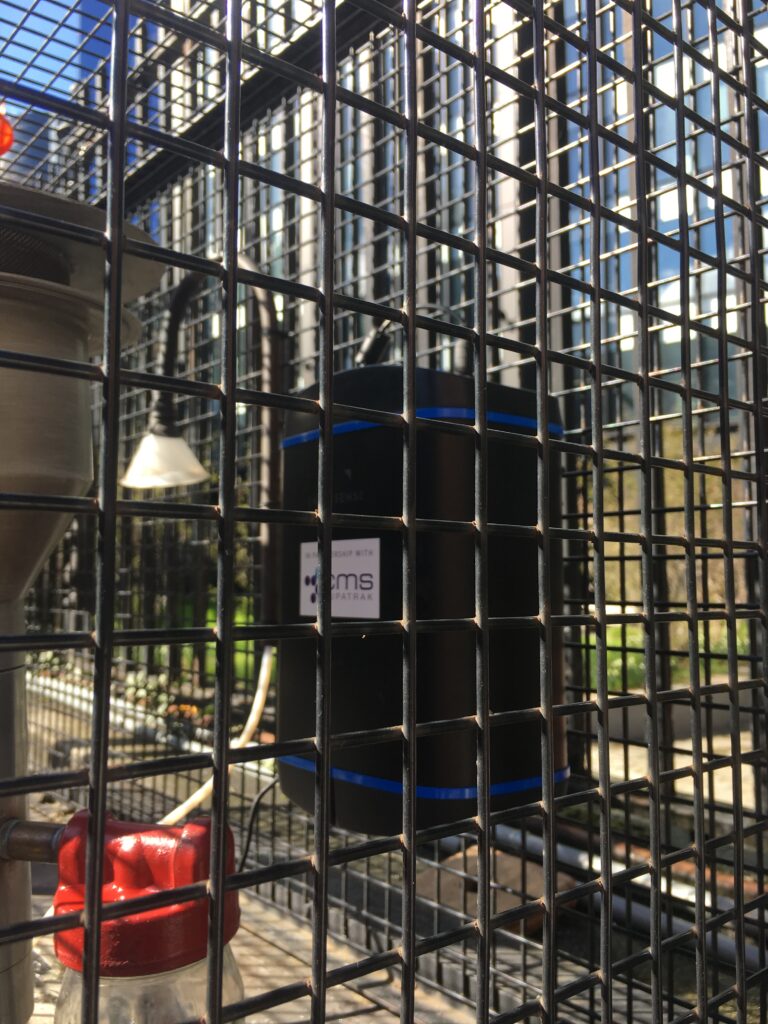
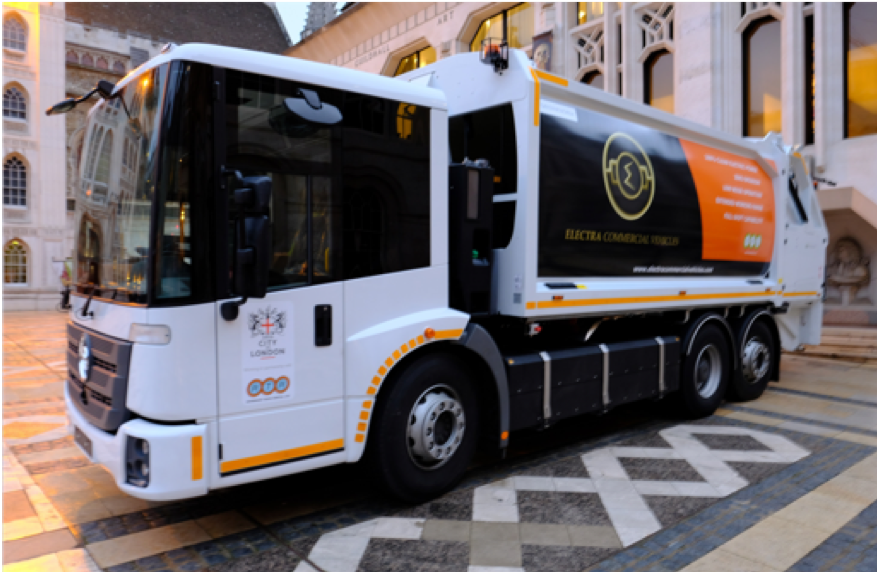
‘Refuse collection vehicles visit every household in the UK at least every two weeks, making them ideal mobile data collection platforms for the whole of the UK. With air quality monitors fitted to vehicles, we will be able to identify pollution hotspots and monitor the effectiveness of any interventions,’ explains Jason Airey.
The OWL roadshows have concentrated on education around air quality and are exploring how the logistics industry can reduce its contribution to air pollution. For this reason, the Westminster Commission for Road Air Quality (WCRAQ) was created. This unique new Commission aims to influence road air quality policy in the UK.
WCRAQ is a social enterprise supporting the All-Party Parliamentary Clean Air Group Vice-Chair Barry Sheerman MP. Its objective is to improve the quality of the air we breathe using evidence-based research to shape policy and improve legislation.
WCRAQ will advise and inform members of the House of Commons and the House of Lords about air pollution.
Jason explains that air pollution is still not well understood, and this impacts mitigation strategies. These are especially important now that there is a growing body of evidence showing a link between COVID-19 susceptibility and poor air quality.
Air pollution is linked to significantly higher rates of death in people with COVID-19 according to a study carried out by Harvard University.
The research shows that even a small single-unit increase in particle pollution levels in the years before the pandemic is associated with a 25% increase in death rate.
‘If we don’t know the areas worst affected by air pollution, there is no way of managing the outcome,’ says Jason. ‘Mobile monitoring is essential.’
Air quality monitoring
Static monitors are widely used by local authorities in the UK to sample air quality, but they only take readings in specific locations, which raises particular concerns. For example, the interpretations could be very varied from one part of the same street to another. Also, some of the static monitors in use don’t monitor all the different gasses and particulates that make up air pollution and so it can be argued that static monitors potentially provide a misleading, and at times convenient, picture.
‘The difficulty is that everyone is frightened of the actual information,’ said Jason. ‘Naturally, no local authority wants to be stigmatised as the poorest in the country for air quality just because they are monitoring it more thoroughly than their neighbours.’
Accurate and robust monitoring is the key to coming up with reliable solutions, and this is why CMS SupaTrak, together with WCRAQ and OWL, is taking on the challenge to get every waste operator to install air monitoring equipment on its refuse vehicles. As Jason says: ‘It is only when you fully understand the predicament that you can truly tackle it. Otherwise, attempts might have no impact at all.’
CMS has been trading for more than 25 years, and the business has evolved with the industry as emerging technology has enabled the development of new solutions.
‘We believe that not only does it make commercial sense for us to be at the forefront of new technologies related to air quality monitoring, but that we also have a moral obligation and corporate responsibility to drive up standards within our industry. We need to push for beneficial change for the good of us all,’ says Jason.
CMS, OWL, and WCRAQ are currently working with their project partners to evaluate how multi-purposing RCVs with mobile air quality monitoring devices can provide a more detailed picture of air pollution. Refuse collection vehicles already travel the same routes regularly, so the idea is to use them to capture real-time air quality data.
Pollution is affected by a myriad of factors, including weather conditions, how buildings are positioned, and volumes of traffic. This means that simple steps such as changing sign-posted routes for pedestrians and cyclists to avoid specific points at certain times in certain months could make a positive difference. ‘Reliable and real-time data presents the level of detail required to take these decisions and change habits,’ Jason argues.
Last year Dennis Eagle fitted CMS’s mobile air quality monitor to its demo truck and data has been plotted onto heat maps.
‘It has been a real eye-opener. The data we were seeing is helping councils understand in detail when and where their difficulty locations are and how they are performing against UK and World Health Organisation targets.’
The City of London embraces better air quality data
The City of London Corporation (CoL) is a forward-thinking local authority that has been working closely with OWL, CMS SupaTrak, and WCRAQ to understand pollution data better.
‘The City of London wanted to start by ensuring the quality of the data from the mobile monitors,’ explains Jason. ‘It is hard to believe, but there is currently no certification for short-form monitors, so we have had to prove that ours are accurate.
‘For several months, our mobile data has been analysed and compared with the City of London’s statically monitored data and ratified. The City of London is now confident that our monitors are robust and has installed mobile monitors onto a Euro VI refuse collection vehicle.’
The vehicle air monitoring device measures Nitrogen Oxides, Particulate Matter and Ozone. While connected with the CMS SupaTrak tracking system, it provides a heat map of the polluted areas from the vehicle’s movements. The data is stored in the cloud, and the City of London can access this information real time.
RCV manufacturer Dennis Eagle has already started fitting this air monitoring device to its demonstration vehicles, according to Sales and Marketing Director Richard Taylor. ‘We hope that we can support councils with their clean air strategies while helping to combat air pollution at the same time.’
Vince Dignam, Business Performance and Transport Manager for the City of London says: ‘We are delighted to be working on the OWL Clean Air Project. Our first objective is to calibrate the air monitors with our static monitoring systems and then start to collect mobile air quality data with our vehicles. We intend to collect data on our Euro V, Euro VI, and electric vehicles to help us better understand the impact on air quality of these different vehicle types.’
According to the World Health Organisation, air pollution accounts for seven million premature deaths worldwide every year, and the Royal College of Physicians estimates that it is responsible for 40,000 premature deaths in the UK every year. Moreover, around 91% of the world’s population live in areas that exceed the WHO’s guideline limits.
These are sobering figures, but there are steps we can all take to make a difference. Firstly, local authorities should educate themselves about air pollution, and also install air monitoring devices on their refuse collection vehicles so that they can identify how bad the problem of air pollution is in their area.
The next step for the project is to apply for Government funding to provide accurate data on the UK’s air pollution hotspots, and the project partners are inviting other local authorities to get in touch to participate in these initiatives.
You can join the OWL Clean Air Project and the Westminster Commission for Road Air Quality and contribute to driving vital change in our industry and help to introduce new laws and standards that will save lives. OWL Clean Air Partners can also access turn-key information and materials to help enhance their corporate social responsibility profiles. To find out more about the Westminster Commission for Road Air Quality, please, www.wcraq.com, for more information on OWL, go to www.supatrak.com/owl.

